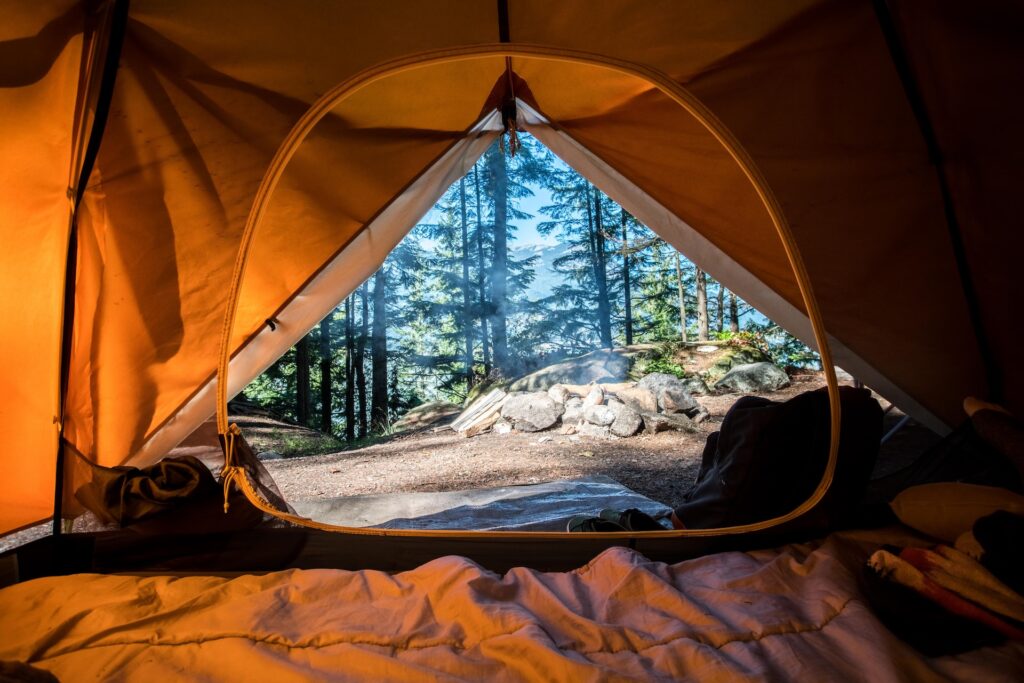
Choosing the Right Campfire Fuel: Pros and Cons of Different Options
Campfires are a cherished part of outdoor adventures. They light up the night, provide warmth, and are a hub for bonding with friends and family. But here’s the thing: your campfire’s success depends on the fuel you choose. The right fuel can make your campfire experience unforgettable, while the wrong one can leave you with a lackluster blaze.
Firewood
Hardwood
Hardwood, like oak or hickory, is a popular pick for campfires. Why? Because it’s got serious power to last. It burns slowly and steadily, cranking out a generous amount of heat. If you plan to do some campfire cooking or need warmth on chilly nights, hardwood is your go-to. Just remember that it can be heavy to lug around, and splitting it requires some muscle. You can avoid these unnecessary hassles by ordering firewood delivery in Atlanta.
Softwood
Softwood, such as pine or cedar, is the sprinter of campfire fuels. It ignites in the blink of an eye and fills the air with a pleasant aroma. It’s like the Usain Bolt of campfires. It’s quick and fragrant. While it won’t burn as long as hardwood, it’s perfect when you crave a swift and cozy campfire.
Charcoal
If you’re all about control and consistency, charcoal briquettes are your jam. They’re the grillmaster’s choice for a reason. Charcoal fires up without much fuss, produces minimal smoke, and can crank the heat for that perfect sear on your steak. However, they might pinch your wallet more than other options, and the ambiance is more “barbecue” than “campfire.”
Propane
Propane campfires are the poster child for convenience. They’re the go-to in areas with fire restrictions because they’re as clean as a whistle. Start-up and shut-down are a breeze, and you won’t find any ashes to clean up afterward. But, and this is a big but, they lack the soulful crackling and rustic charm of a wood fire.
Alcohol
Alcohol-based fuels like denatured alcohol or ethanol are the lightweight champs. They’re the preferred choice for backpackers and portable campfire enthusiasts. These little fellows burn quickly and efficiently. They’re perfect for a small gathering, but they might leave you wanting more heat if you’ve got a big crew to keep warm.
Natural materials
If you’re an eco-warrior, consider going natural. Pinecones and twigs are your allies. They’re free, abundant, and eco-friendly. But be warned, they’re not the steadiest burners, and getting them to light in wet conditions can be challenging.
Pellets
Wood pellets, the unsung heroes of pellet stoves, can moonlight as campfire fuel. They burn efficiently and don’t leave a mess behind. However, you’ll need a pellet stove or an adapter to put them to good use.
Last words
The right campfire fuel can elevate your outdoor experience. Each option has perks and quirks, catering to diverse preferences and situations. Whether you value convenience, eco-friendliness, or the classic camping ambiance, there’s a campfire fuel waiting to ignite your next adventure. So, pick your fuel wisely, and let the flames of your perfect campfire blaze on.










